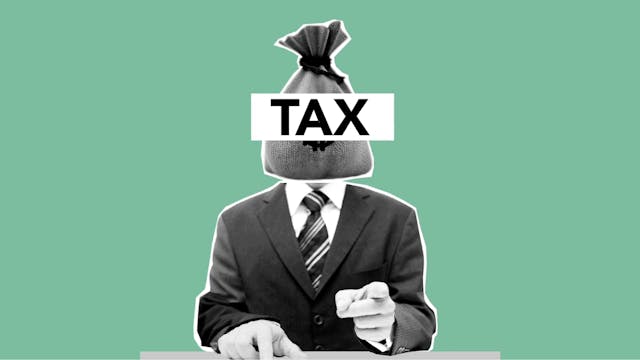5 Fixed Deposit Terms You Should Be Aware Of
In today’s day and age, people have become keener about investing rather than saving their hard-earned money. Fixed deposits (FDs) being an old form of investment, provides safety and higher returns at the same time – which is why it has become a preferred investment option among many. However, if you are new to the investment market, it is sure that you might be confused as different investment options are serving different needs out there. In such a conflict, it might really be difficult to figure out which option fits right for you.
Talking about fixed deposits, in India, almost all financial institutions offer the investment options. Regardless of who you are – a firm or an individual, the financial institution will offer you with FD. Being so, it is not affected by the market conditions. Since, investment options depending on the market conditions tend to offer fluctuating interest rates, which make them risky. In that case, FD is the safest investment option providing you with a fixed rate of interest.
Now, before drawing out the conclusion; let’s look upon some of the terms you ought to know before investing in an FD.

Terms Related to Fixed Deposit Investment:
#1 Interest Rate:
Though interest rate is a two lettered word, it plays a very important role when it comes to investment. However, depending on the interest rate your returns will vary. Now, the interest rate offered by each financial institution differs. Though, it is mandatory to check the interest rates before applying. If not done so, there are chances you might earn fewer returns over your investments. Being so, there are Non-Banking Financial Companies (NBFCs) who offer 2% higher interest rate than that of banks. Also, the schemes provided by NBFCs are much more beneficial.
#2 FD Calculator:
As you know, the interest rate offered by lenders vary and so it gets crucial to check the rates before investing. Perhaps, before investing your surplus income, it is good to check the interest amount you will be earning every month or on a yearly basis. In order to do so, you can take the help of FD calculators. To calculate the returns, it is essential that you enter the amount you are investing plus the tenure that you are investing it for. After entering the digits, you will get the estimated result. You can also enter different digits in the calculator and see which interest amount can benefit you the most, and then invest accordingly.
#3 Overdraft Facility:
The fixed deposit restricts its investors from withdrawing funds before its maturity. Perhaps, during a financial emergency overdraft facility can help you. In an overdraft facility, you can withdraw up to 90% of the amount from your FD account. However, the amount you withdrew should be repaid with interest on the last day of the overdraft. This facility saves you from breaking your FD account, which in future might make you pay the penalty and earn you fewer returns on future investment as well.
#4 Tenure:
A tenure is the period of years you are planning to invest for. Depending upon your tenure, the interest amount earned will vary. When it comes to tenure, there are two options you can opt for, either get returns on the monthly income scheme (MIS) basis or after the maturity of the account. In MIS, you can invest your money monthly rather than opting for a one-time investment. The interest rate for both can vary accordingly.
#5 Senior Citizen Fixed Deposit:
In case you are a senior citizen then the senior citizen fixed deposits can benefit you the most. However, here you can earn a higher rate of interest than normal FD accounts. Although post-demonetization has lowered the interest rates on normal FD accounts, the rates offered on senior citizen fixed deposits have increased. Perhaps, you can also stick to MIS scheme wherein you can invest your old age pension on a monthly basis and benefit from monthly returns as well.
Above mentioned are the terms you must be aware of before investing your money in fixed deposit. However, if you are new to the investment market, fixed deposits can be great as you don’t want to indulge in any risk at the start.

















